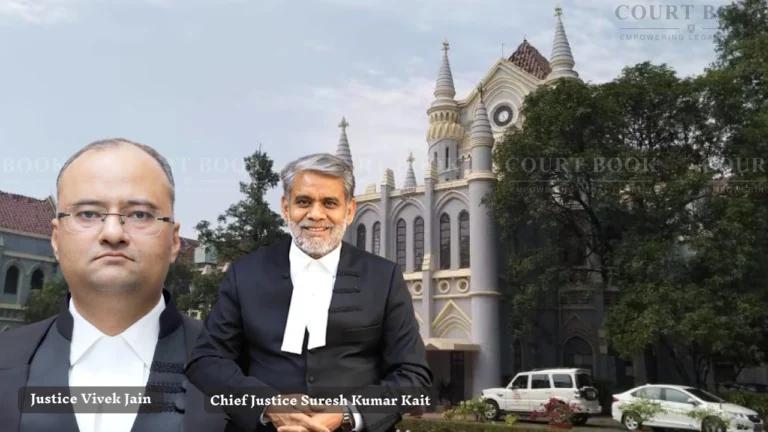The Madhya Pradesh High Court has ruled that excluding veterinary doctors from the enhanced retirement age of 65 years is discriminatory and unconstitutional under Article 14 of the Indian Constitution. This verdict comes after a series of petitions filed by veterinary professionals who challenged a 2011 amendment that denied them the retirement age benefit granted to allopathic and AYUSH doctors.
Background of the Case
Veterinary doctors serving under the Animal Husbandry and Dairy Department of Madhya Pradesh initiated writ petitions challenging Sub-Rule (1-c)(a) of the Madhya Pradesh Government Servants (Superannuation Age) Amendment Act, 2011. This amendment raised the retirement age for doctors in the Public Health and Family Welfare Department from 62 to 65 years but excluded veterinary doctors.
The petitioners argued that their duties are akin to those of allopathic and AYUSH doctors, and denying them the same retirement benefit was unjustified. They highlighted that similar pay and job responsibilities exist across these medical categories. Despite this, veterinary doctors were required to retire at 62 years, unlike their peers in other medical services.
Court’s Observations and Decision
The division bench led by Chief Justice Suresh Kumar Kait and Justice Vivek Jain examined the submissions from both sides. The State defended its policy by stating that different departments have distinct recruitment rules, service conditions, and qualifications. They also cited that there was no shortage of veterinary doctors, unlike medical doctors, hence no need for extending the retirement age.
However, the Court disagreed with the justification offered by the State.
“Merely saying that the Allopathic and AYUSH doctors are treating human patients while veterinary doctors treat non-human patients, cannot be accepted as valid reasoning,” the Court noted.
It emphasized that veterinary doctors are qualified medical professionals dealing with animal health, and such differentiation without any rational basis violates the principle of equality.
The Court also referred to similar rulings, including the Dr. Ratan Kumar Dubey vs. State of Jharkhand, where the Jharkhand High Court directed parity in retirement age for veterinary and allopathic doctors. Additionally, it acknowledged that states like Chhattisgarh had already raised the retirement age for veterinary professionals due to staffing concerns.
“While the government has the right to set retirement policies, these must not create arbitrary or discriminatory classifications,” the Court highlighted, underlining Article 14’s equality principle.
The Court declared the 2011 amendment unconstitutional as it discriminated against veterinary doctors.
“We direct the State Government to come up with appropriate provisions and rules fixing the age of retirement of veterinary doctors up to 65 years at the earliest. Till then, this judgment shall hold the field,” the order concluded.
Case Title: Dr. O. P. Singh & Others Versus State Of Madhya Pradesh And Others, Writ Petition No. 17639 Of 2022
Counsel for Petitioners: Senior Advocate Kailash Chandra Ghildiyal, Advocate Warija Ghildiyal, Suyash Mohan Guru, Vishal Pateriya, Atul Upadhyay, Harsh Wardhan Singh
Counsel for Respondent/State: Deputy Advocate General Brahmadatt Singh














